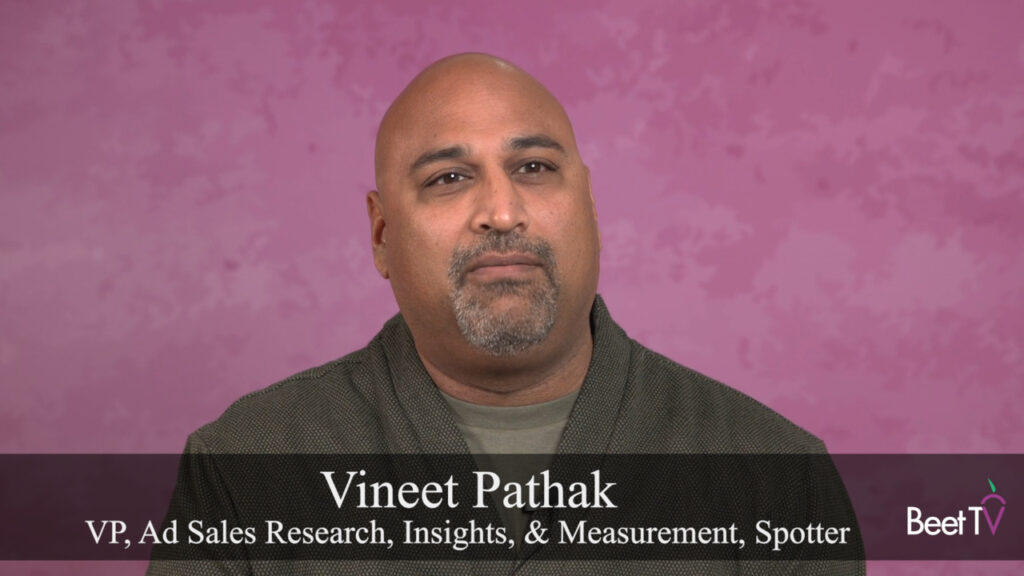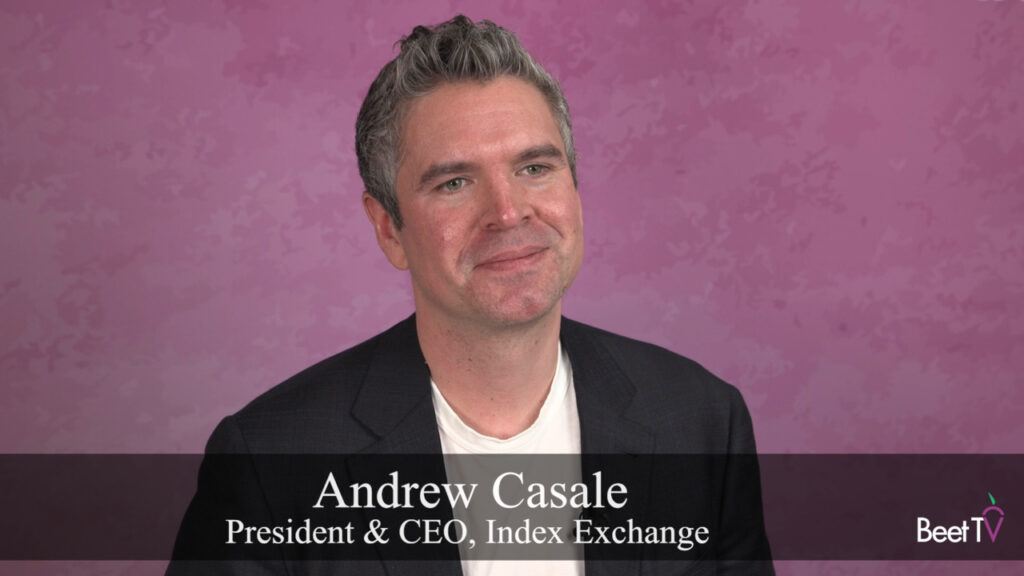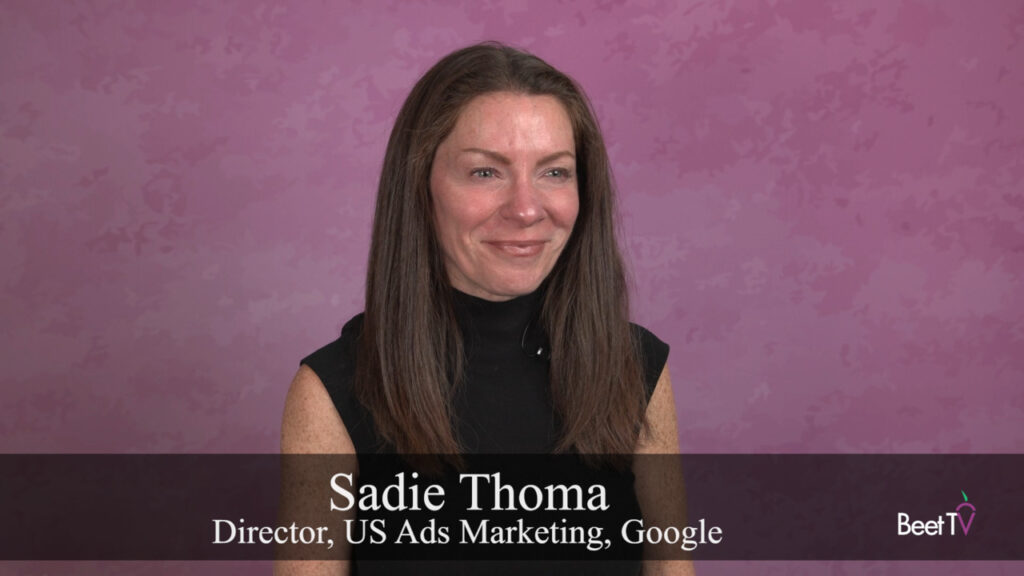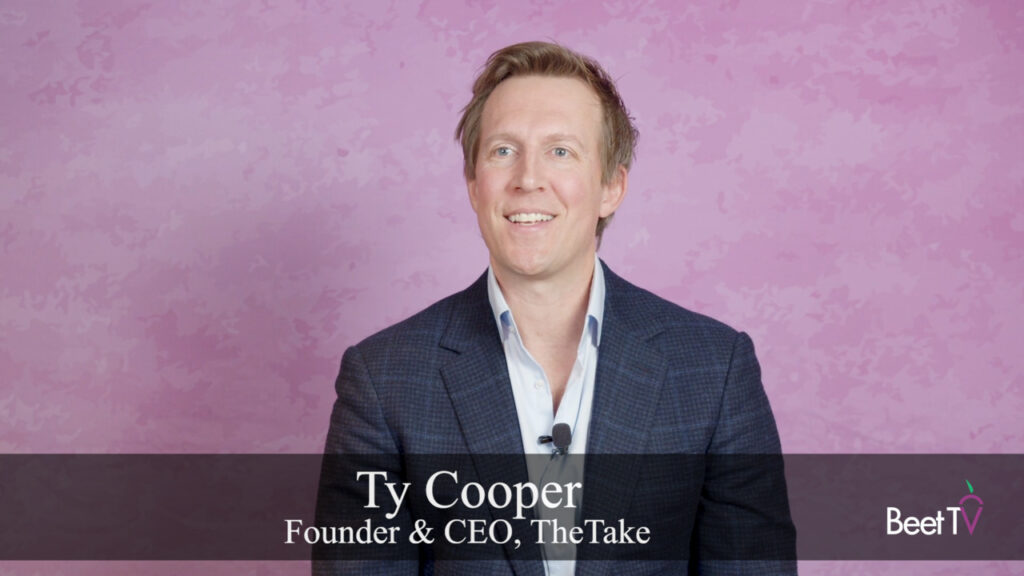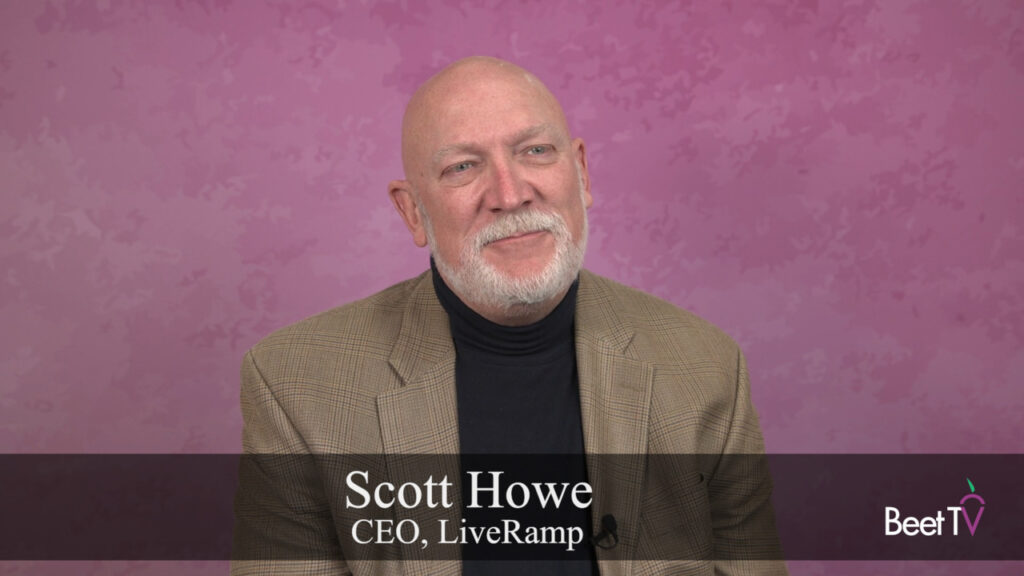MIAMI-Veteran advertising and media author Ken Auletta predicts Facebook CEO Mark Zuckerberg is “going to get beat up” when he appears before Congress beginning today. But he doesn’t see any easy answers to reining in big digital companies.
“He’s just a prop,” Auletta says of Zuckerberg. “They’re the actors and they’re going to perform on stage, making like they’ve been dealing with this issue a long time. They haven’t. They’ve been very late to the issue of, say, privacy.”
As is true in Europe, Congress “has Facebook and Google and Apple and Microsoft and Amazon in their target zone,” Auletta adds in this interview with Beet.TV at the 4A’s Accelerate conference.
The governments’ concerns span those companies’ power, size, potential antitrust issues and “they’re worried about the impact they have on not just Democracy, in Facebook’s case particularly, but also the impact on retail businesses and every other business.”
Auletta, who has written the Annals of Communications column for The New Yorker Magazine since 1992, is no stranger to antitrust cases, having covered the failed attempts to break up Microsoft in the late 1990’s. The author of 11 books, including five national best-sellers, doubts invoking antitrust will work in the case of Facebook.
“There’s a real argument that technology breaks up these companies and weakens them over a period of time,” Auletta says. “The counter argument today is that with network effects, that if you have 2.2 billion users as, say, Facebook does, it’s very hard for someone else to come on and have that kind of scale in the future.”
But invoking antitrust is “a real stretch” because Facebook is free for its users. “How are you charging that consumers are hurt by that?”
Beyond antitrust lies the possibility of more stringent privacy regulations, as will be the case in the European Union on May 25 when the new General Data Protection Regulation (GDPR) takes effect—two years after being approved by the EU Parliament. In the case of Facebook, mirroring the GDPR and having consumers opt in to sharing cookies and other data sources could be an option, according to Auletta.
“If you’re a user on Facebook, if you don’t want them to have access to your cookies, you have to go through a laborious procedure to opt out. The argument is that you won’t have my cookies unless I opt in,” he says.





























